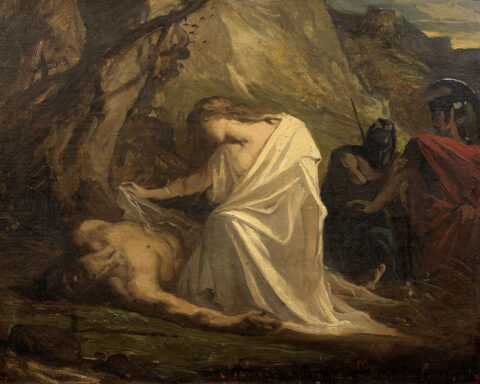Ch’eng Mai lifts the violin from its case and drapes a chamois cloth over her shoulder. The notes ripple and bend like Hangzhou ribbon. She closes her eyes to better hear the Sarabande, its tone, tempo, and rhythm. And only then, when she is ready, does she pick up her bow.
Carnegie Hall is hushed in anticipation; every seat filled. The debut of this ingenue from abroad, has been the talk of the town. Young aspiring musicians have flocked to hear the celebrated violinist. The tickets, a fortune; well worth the investment.
The piece begins with an exciting flourish. Ch’eng Mai adds florid elaboration to the slow pace of the harmonic movement. Her slender body sways gracefully as she pulls the bow across the fingerboard. Other times she is powerful and vexed, bending and twisting like a seizure. The display is riveting to watch; the music magnetic. Approaching the denouement, she keeps the ornamentation to a minimum, and the piece ends rich in mahogany tones.
The audience is on their feet, raving. Triumphant, Ch’eng Mai bows her head. Beads of sweat drip from her brow battering the stage like a timpani drum. It is her fifth consecutive performance this week. A grueling schedule for an eleven-year-old.
She steals a glance across the stage past her mother to Ling-Ling waiting in the wings. Her younger sister, prancing behind the heavy brocade curtains, clutches her favourite light-blue plush stuffy and sips fruity bubble tea; tapioca pearls dancing like maracas.
Moments elapse and the violinist is still standing with her head bowed. The clapping trails off, and the audience is quiet, confused, expectant.
Slowly, the violinist raises her left arm well above her head, and then, with a four-beat count, lets the priceless 18th century instrument crash to the stage floor. The gasps are audible, in unison, virulent. Murmurs, then chatter, splutter, cries, whoops, then shouts of Bravo, Brava, Bellissima resound.
The ingenue exits the stage, still, a hostage.



